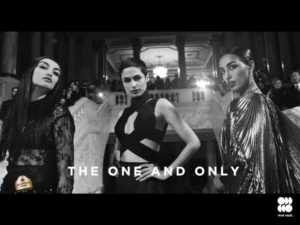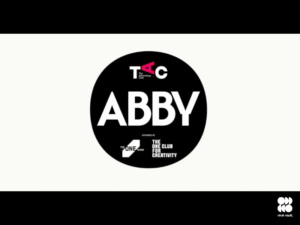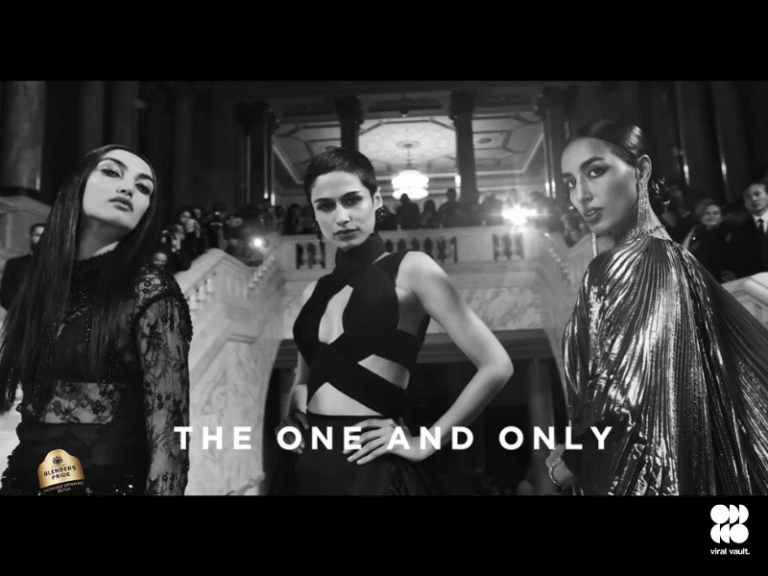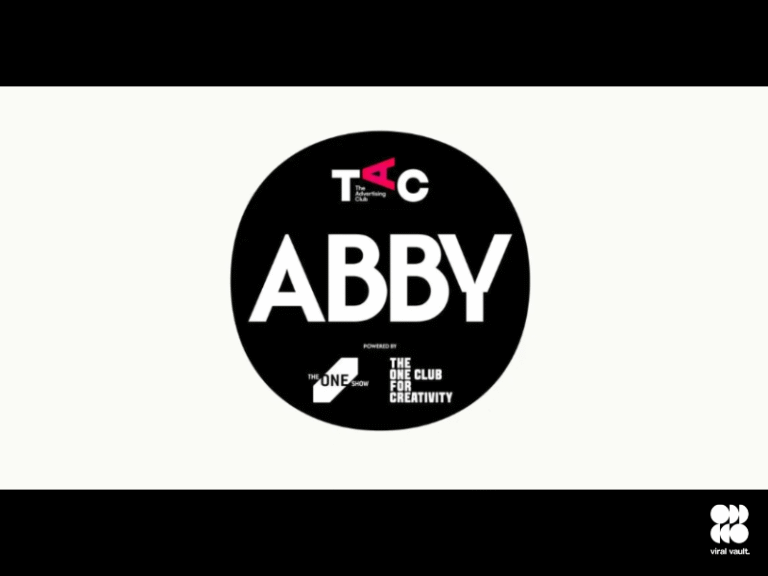Netflix has released a detailed set of guidelines on the use of generative AI in its film and series workflows, balancing innovation with strict protections for talent, copyright, and creative integrity.
The framework is designed for filmmakers, vendors, and production partners, laying out five key principles:
- AI must not infringe on copyrighted works or identifiable traits.
- Netflix production data cannot be used to train AI.
- All AI tools must operate in secure, enterprise-approved environments.
- AI-generated content is temporary unless explicitly approved.
- Performer likenesses or performances require full consent for digital creation or alteration.
Several critical uses of AI require prior written approval, including working with unreleased scripts, crew data, unowned likenesses, iconic imagery, or generating main characters or story-defining elements. Even incidental uses, like background posters or signage, must be flagged early to avoid legal or reputational risks.
Netflix provided clear examples: generating a secondary killer doll for Squid Game or mimicking elements like Meryl Streep’s features would cross the line. AI tools trained for actor enhancement also face strict limits, they cannot be reused across productions without consent.
A “Use Case Matrix” outlines acceptable practices:
– Low risk: ideation, moodboards, references.
– Caution: background elements or internal materials.
– Escalate: character generation, synthetic voices, unowned data.
By formalizing these rules, Netflix emphasizes that AI is a support tool- not a creative replacement. Human oversight, talent rights, and original storytelling remain at the core of its production philosophy.












